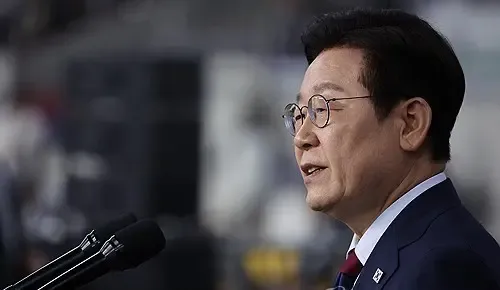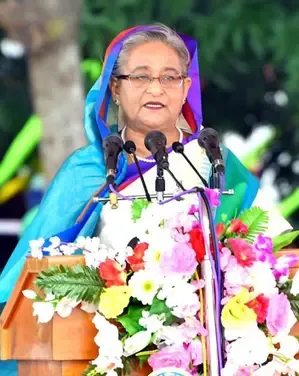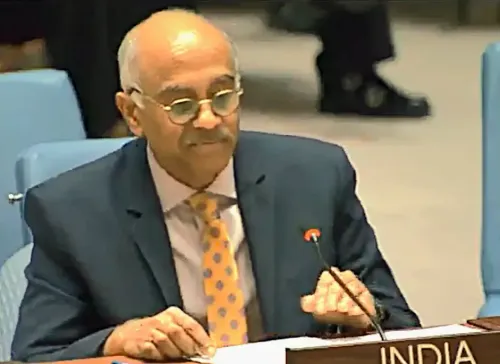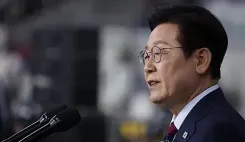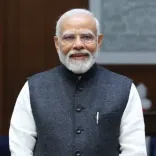Why Did Israel Freeze the West Bank Annexation Process?
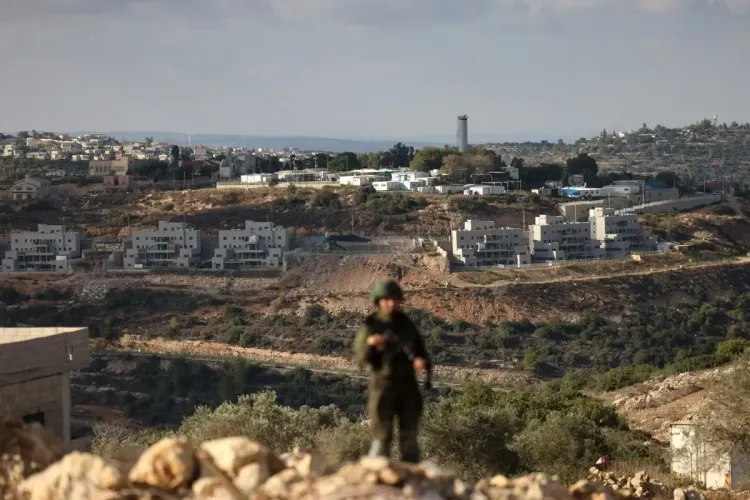
Synopsis
Key Takeaways
- Israel has paused annexation bills in the Knesset.
- Ofir Katz confirmed no advancement on the proposals.
- U.S. Vice-President J.D. Vance criticized the vote.
- Hamas and Fatah are discussing post-war arrangements in Cairo.
- Egypt is preparing a conference for Gaza's reconstruction.
Jerusalem, Oct 24 (NationPress) Israel has put a hold on the West Bank annexation proposals that had received a preliminary vote in the Israeli Parliament, known as the Knesset.
Ofir Katz, the head of the government coalition, announced on Thursday that the measures aiming for the complete annexation of the West Bank and the expansive settlement of Maale Adumim near Jerusalem will remain on pause until further notice.
On Wednesday, Israel's Parliament approved the two proposals to extend Israeli law and governance to all settlements in Maale Adumim and the West Bank, as reported by Xinhua news agency.
This vote coincided with US Vice-President J.D. Vance's visit to Israel.
Before departing from Ben Gurion International Airport near Tel Aviv on Thursday, Vance remarked to reporters that the vote was merely a “political stunt” lacking any real significance.
He stated, “If it was a political stunt, it was a very stupid political stunt, and I personally take some insult to it.”
The office of Israeli Prime Minister Benjamin Netanyahu commented that the parliamentary vote on annexation was a “deliberate political provocation by the Opposition” aimed at creating division during US Vice-President J.D. Vance's visit.
They further noted that Netanyahu's Likud party did not endorse these proposals, indicating that “without Likud support, these bills are unlikely to go anywhere.”
In a separate development, delegations from Hamas and Fatah convened in Cairo to deliberate on arrangements for the post-war phase in the Gaza Strip, as reported by Egyptian TV channel Al-Qahera News on Thursday.
The Hamas delegation is led by senior leader and chief negotiator Khalil al-Hayya, while the Fatah delegation is headed by Palestinian Vice-President Hussein al-Sheikh and Palestinian intelligence chief Majed Faraj.
Additionally, Cairo is facilitating discussions among Palestinian factions regarding the second phase of Trump's peace plan for Gaza, with preparations underway for a conference on Gaza's reconstruction slated for the latter half of November.

